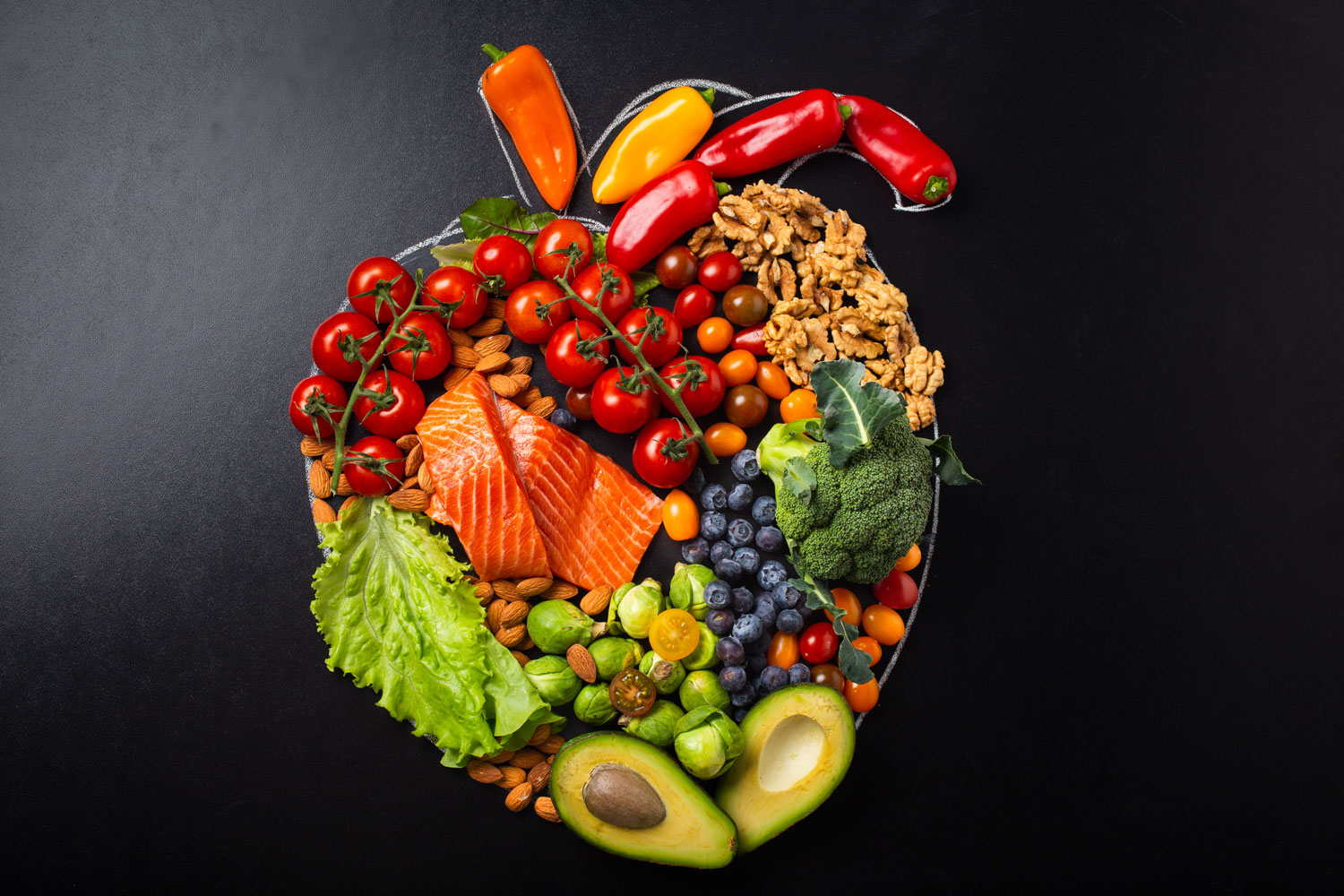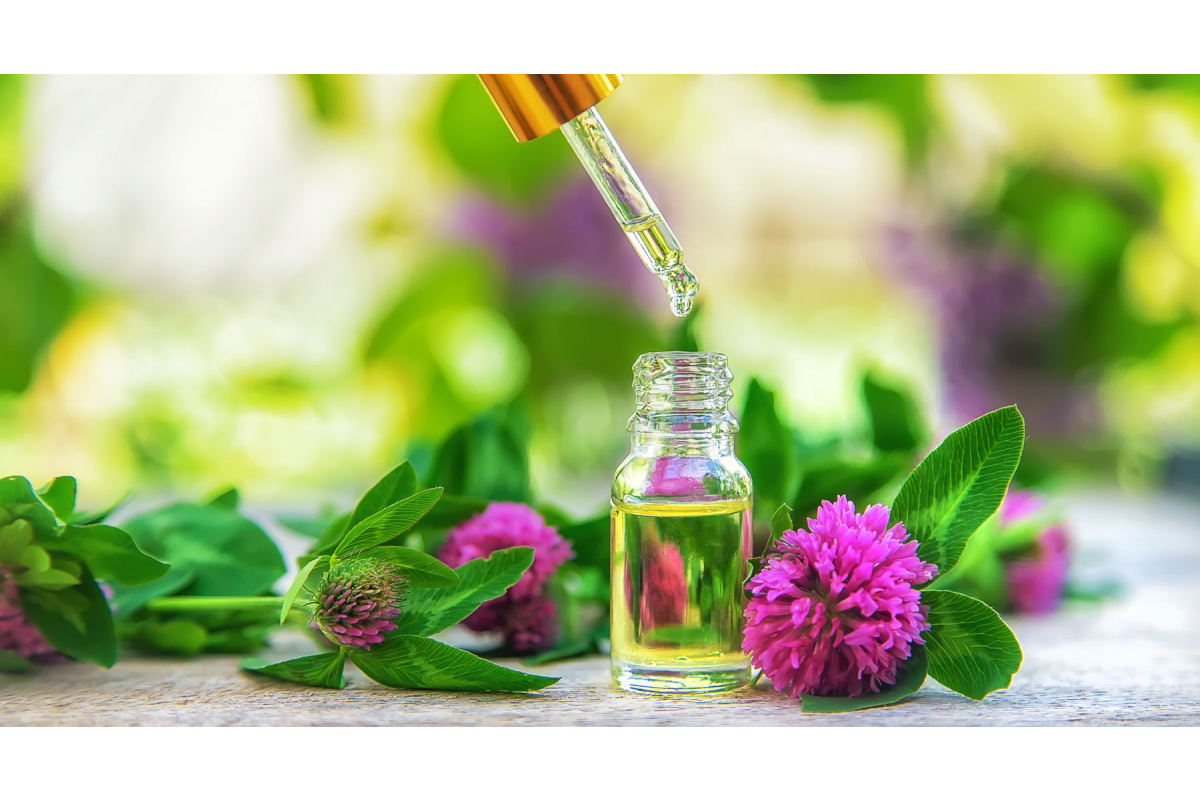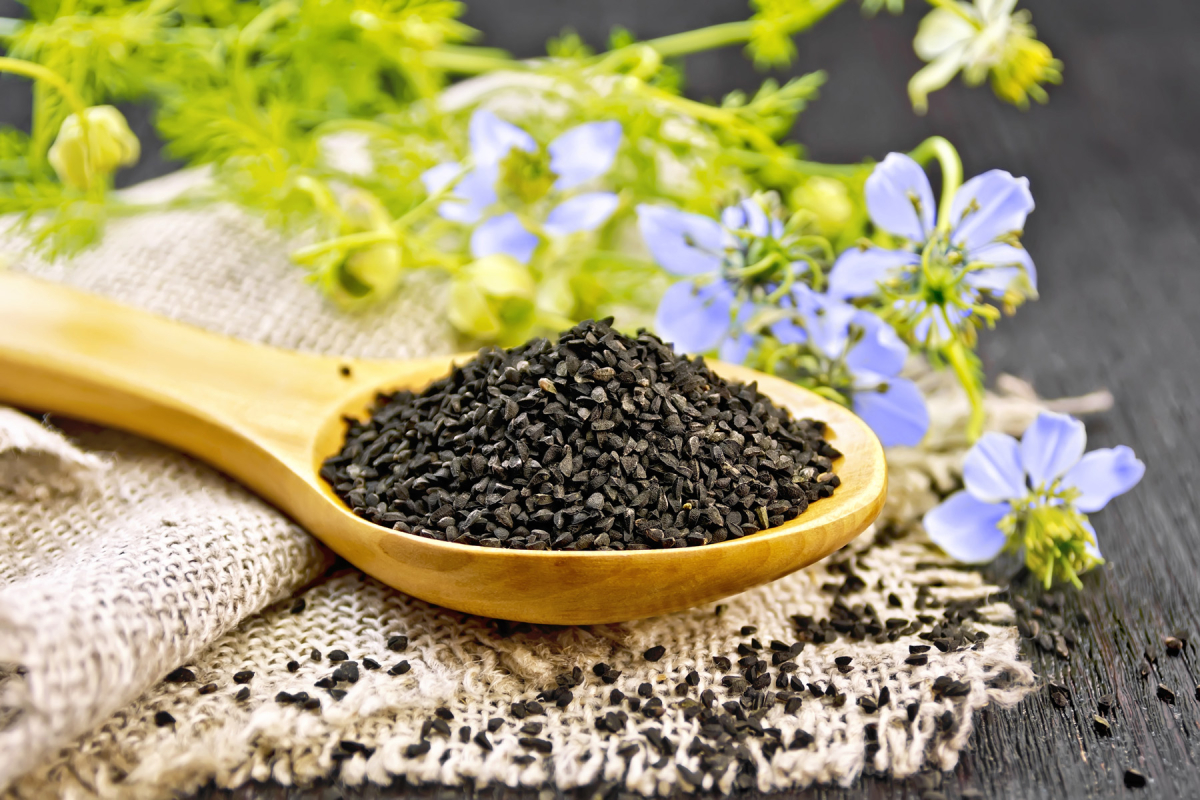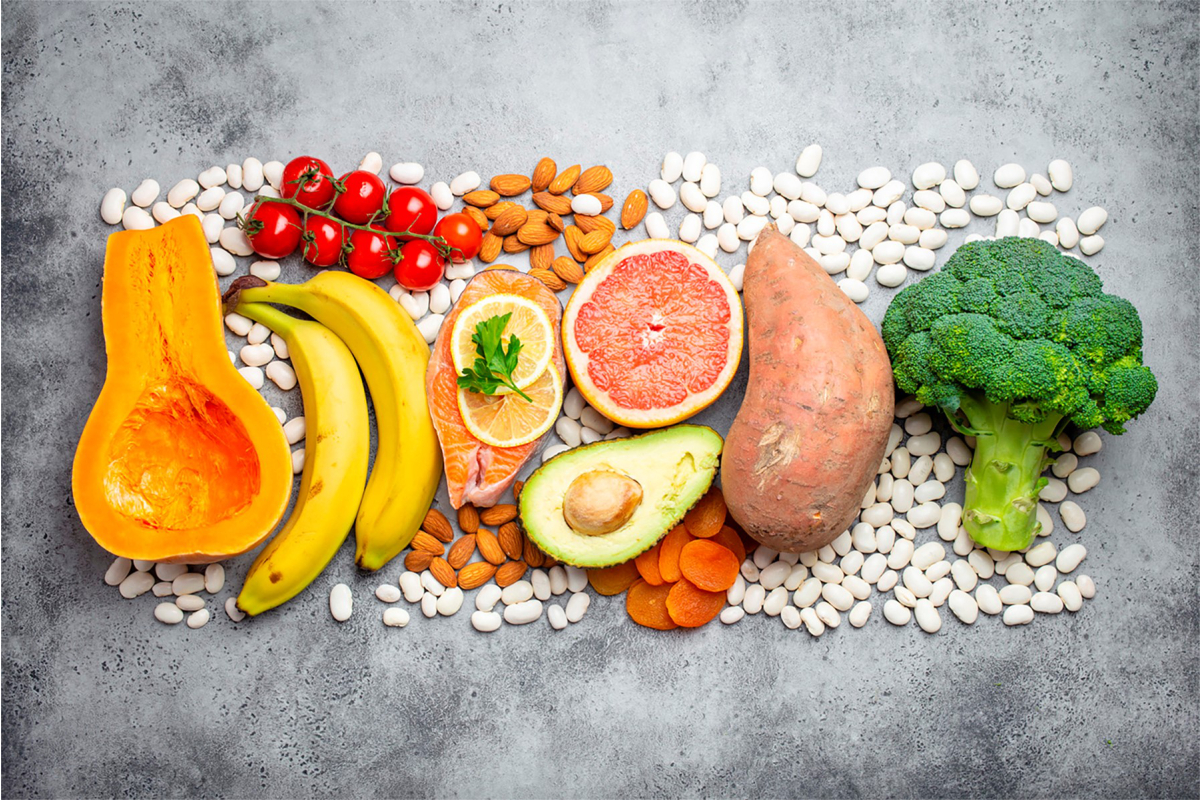When it comes to the heart... A comprehensive guide to a healthy heart
The heart is more than just a muscle that tirelessly pumps blood through our body. It is the symbol of love, passion, and life. Unfortunately, it is also an organ that is exposed to many stresses and often does not receive the attention it deserves. In this post, we focus on the heart and learn how we can keep it healthy.

Heart diseases: A silent epidemic
Cardiovascular diseases are the leading cause of death worldwide. Millions of people are affected, many without knowing it. Heart attacks, strokes, and other cardiovascular diseases often arise from factors such as high blood pressure, elevated cholesterol levels, and lifestyle habits. But how can we protect our heart and minimize these risks?
Prevention is key: Living heart-healthy
There are many ways to prevent cardiovascular diseases. A healthy diet, regular exercise, and avoiding smoking and excessive alcohol consumption are just some of the steps we can take.
Checklist for a healthy heart:
- Nutrition: A balanced diet with plenty of fruits, vegetables, whole grains, and lean protein is essential.
- Exercise: At least 30 minutes of moderate exercise on most days of the week.
- Weight management: Maintain a healthy weight through a combination of diet and exercise.
- Stress management: Techniques such as meditation, yoga, or simple walks can help reduce stress.
- Alcohol and smoking: Consume these in moderation or better yet, avoid them entirely.
- Regular check-ups: Regularly check blood pressure, cholesterol, and blood sugar levels.

Nutrients that strengthen the heart
Coenzyme Q10: The energy supplier for the heart
Coenzyme Q10 (Q10) is a vitamin-like substance essential for energy production in our cells. The heart requires a lot of energy, and a deficiency in Q10 can cause various heart dysfunctions such as high blood pressure and heart failure. Q10 not only improves energy production but also has antioxidant properties that neutralize free radicals involved in circulatory disorders.
Vitamins B6, B12, and Folic Acid: Protectors of the arteries
These vitamins are crucial for the prevention of arteriosclerosis as they help in the breakdown of homocysteine, a metabolic product that can damage blood vessel walls.
Vitamin E: The cardiovascular vitamin
Vitamin E protects against arteriosclerosis through its antioxidant effect, promotes blood circulation, and strengthens the heart and vessels.
Vitamin B1 (Thiamin): An indispensable supporter
Vitamin B1 is essential for heart function. A deficiency can weaken the heart and even cause heart failure. It is also necessary for the breakdown of carbohydrates into glucose, an important nutrient for the heart, brain, and nerves.
Heart-healthy foods: A delicious medicine
A diet rich in heart-healthy foods can work wonders. These include:
- Fatty fish: Rich in Omega-3 fatty acids.
- Nuts and seeds: Sources of healthy fats and Vitamin E.
- Berries and dark leafy greens: Rich in antioxidants and vitamins.
- Whole grains: Provide energy and fiber.
- Legumes: Sources of proteins and B vitamins.

Exercise: Getting the heart moving
Regular exercise strengthens the heart, promotes blood circulation, and helps with weight management. Whether walking, jogging, swimming, or cycling - the most important thing is to stay active.
Conclusion: Listening to the heart
When it comes to our heart, prevention and healthy lifestyle habits are key. Through a balanced diet, regular exercise, and adequate supply of essential nutrients, we can strengthen our heart and lead a long, healthy life. So, take these tips to heart and start giving your heart the attention it deserves today.











